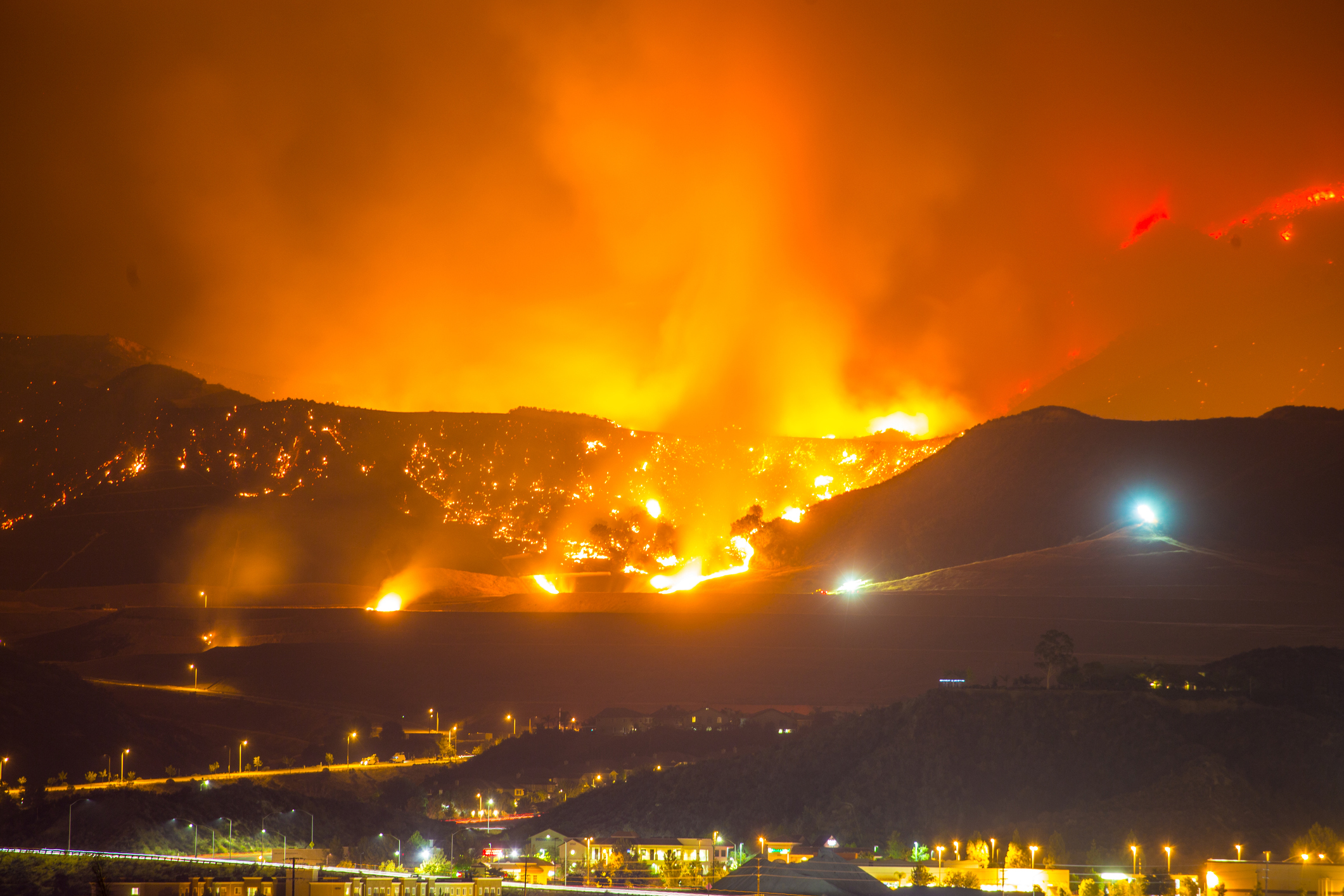Zombie fires, a phenomenon increasingly observed in the vast wilderness of Canada and parts of the United States, represent a significant and growing challenge for forest management and environmental conservation. These fires, also known as holdover or overwintering fires, smoulder beneath the surface during the colder months and re-emerge with the advent of warmer weather. They burn in the organic material found in soil, such as peat and dense underbrush, capable of retaining heat for extended periods. This characteristic allows them to survive the winter hidden under snow cover, only to reignite on the surface when conditions become favourable.
The occurrence of zombie fires has seen a noticeable increase, particularly in Canadian provinces like British Columbia, Alberta, and Ontario, as well as in various regions of the United States. This rise can be attributed to several factors, with climate change at the forefront. Warmer temperatures, shorter winters, and decreased snowfall contribute to both the ignition and persistence of these fires. The changing climate has also led to more severe and frequent wildfire seasons, increasing the likelihood of fires becoming deep-seated and difficult to extinguish completely.
In British Columbia and Alberta, vast tracts of boreal forest, rich in peat and susceptible to deep burning, have become hotbeds for zombie fires. These provinces have experienced some of the most devastating wildfire seasons in recent years, with fires carrying over from one year to the next through this mechanism. Ontario, with its extensive peatlands, faces a similar threat, highlighting the pervasive nature of the issue across different ecosystems.
The United States, particularly in Alaska and the boreal forests stretching across the border with Canada, has also reported instances of zombie fires. These occurrences underscore the trans-boundary nature of wildfire management challenges and the need for cooperative approaches to address them.
Addressing the issue of zombie fires requires a multifaceted strategy. Enhanced monitoring and detection methods, such as satellite surveillance and ground-based sensors, are crucial for identifying these fires early. This technology can help pinpoint areas where fires may be smouldering undetected beneath the snow and ice. Improved firefighting techniques, specifically designed to target the deep-burning nature of zombie fires, are also essential. This might include more extensive use of water and fire retardants to penetrate the ground and extinguish fires at their source.
Preventative measures are equally important. Controlled burns and the maintenance of firebreaks can reduce the fuel available for both surface and underground fires, thereby limiting their spread and intensity. Additionally, adapting forest management practices to consider the changing climate and its impact on fire behaviour is vital.
Finally, addressing the broader issue of climate change is critical to mitigating the conditions conducive to zombie fires. This includes global efforts to reduce greenhouse gas emissions and local initiatives aimed at enhancing forest resilience to fire.
Zombie fires present a complex and evolving challenge that spans across Canada and the United States, affecting provinces like British Columbia, Alberta, Ontario, and regions such as Alaska. Tackling this issue demands a combination of advanced technology, innovative firefighting techniques, preventive strategies, and, fundamentally, a commitment to addressing the underlying issue of climate change. Through collaborative and concerted efforts, it is possible to mitigate the impacts of zombie fires and safeguard the health of North American forests and the communities that depend on them.
At BlueSky, we offer our clients unparalleled access to analyst-verified monitoring, actionable intelligence, and proactive insights into protests and potential disruptions in real-time. Our commitment is to deliver intelligence that is not only insightful but also deeply rooted in human expertise. We pride ourselves on delivering intelligence that is insightful and human-centric, because "Our best intelligence is not artificial."
If you have additional questions about this report or would like more information on BlueSky, reach out to our team directly: [email protected]







